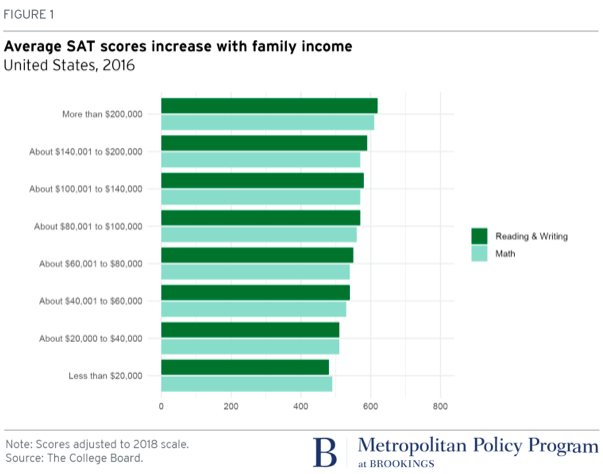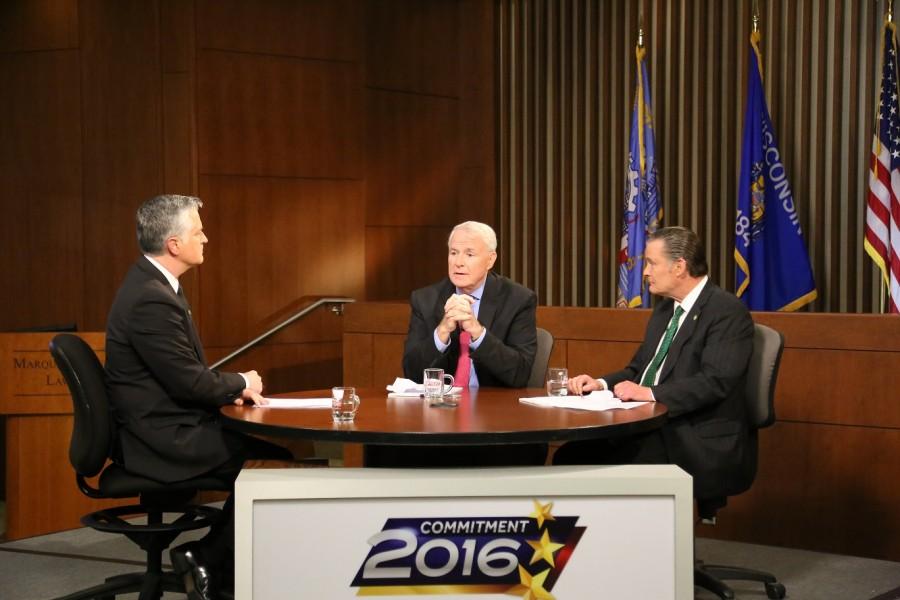
Milwaukee Public Schools plans to end a 30-year-old supplemental pension program for teachers by freezing current teachers’ payments to the fund and denying new teacher participation.
The decision will be enforced on July 1, 2013, when new state legislation that limits collective bargaining takes effect.
John McAdams, an associate professor in the department of political science, supports the decision.
“I think it is fair,” McAdams said. “When people can collect social security, which is substantial, and then you put on top of that the regular state pension and then you put this particular program on top of that — I’m not sure the taxpayers should fund a third taxpayer-funded pension.”
The cost of the supplemental pension has doubled in the last 10 years, with unfunded legacy costs now sitting at $133 million. Ending the supplemental pension is expected to reduce the legacy cost by $20 million during 2013-2014, the first school year it is gone.
Janet Boles, professor emerita of political science at Marquette, said when the situation calls for it, cuts such as this must be made.
“In tough economic times, school systems must look for these efficiencies, and the rationale for dropping the second MPS pension, beyond the state pension, appears to be sound,” Boles said.
The supplemental pension was created in 1982 in addition to the primary Wisconsin Retirement System in an effort to offset penalties for early retirement that existed in the system.
McAdams said that Teachers Insurance and Annuity Association–College Retirement Equities Fund (TIAA–CREF), the retirement plan he has through Marquette, has penalties for early retirement and is correct in doing so.
“I’m not sure it’s good policy not to penalize early retirement,” McAdams said. “(TIAA-CREF) certainly has an early retirement penalty. (The MPS system) has been changed to mitigate that early retirement.”
Collective bargaining and pensions have been a statewide issue since last spring, with protests coming from public sector unions following Gov. Walker’s changes to collective bargaining.
“Public sector workers are seeing significant pay cuts, and unlike other workers who have suffered in this economy, they know who is making the decisions that have led to that outcome,” Julia Azari, an assistant professor in the department of political science, said in an email.
Azari also said that the pension discussion will probably need to adopt a new tone as it continues or policymakers will continue to face backlash from public sector workers.
“Regardless of the policy wisdom of Gov. Walker’s actions, no subsequent governor will want to face the political consequences he has faced,” Azari said. “So I doubt people will start being civil for the joy of it, but it seems likely that political actors will start to perceive a more civil strategy as consistent with their interests in winning office and staying in office.”
The elimination of the supplemental pension will not affect any teachers’ primary pensions.








